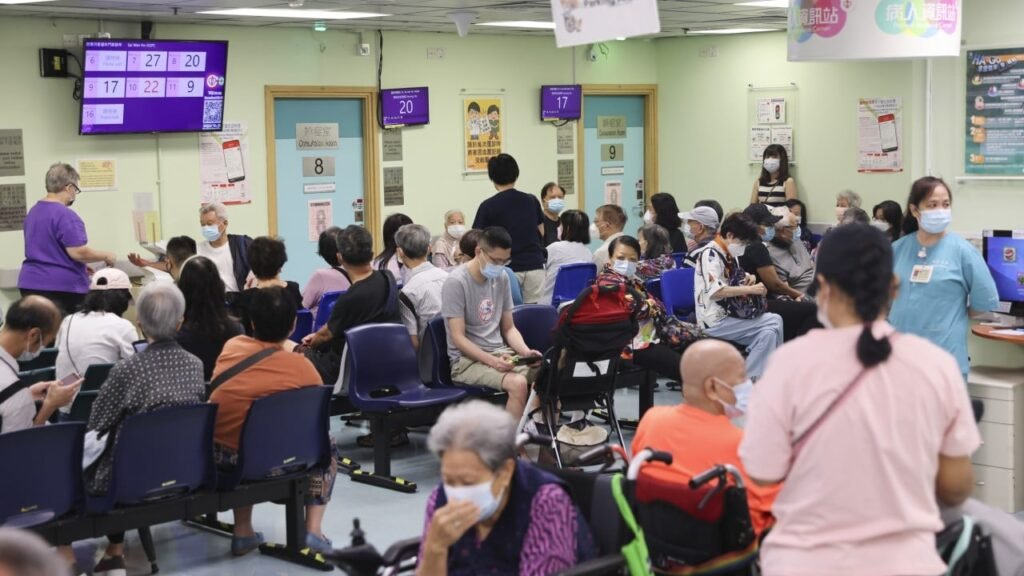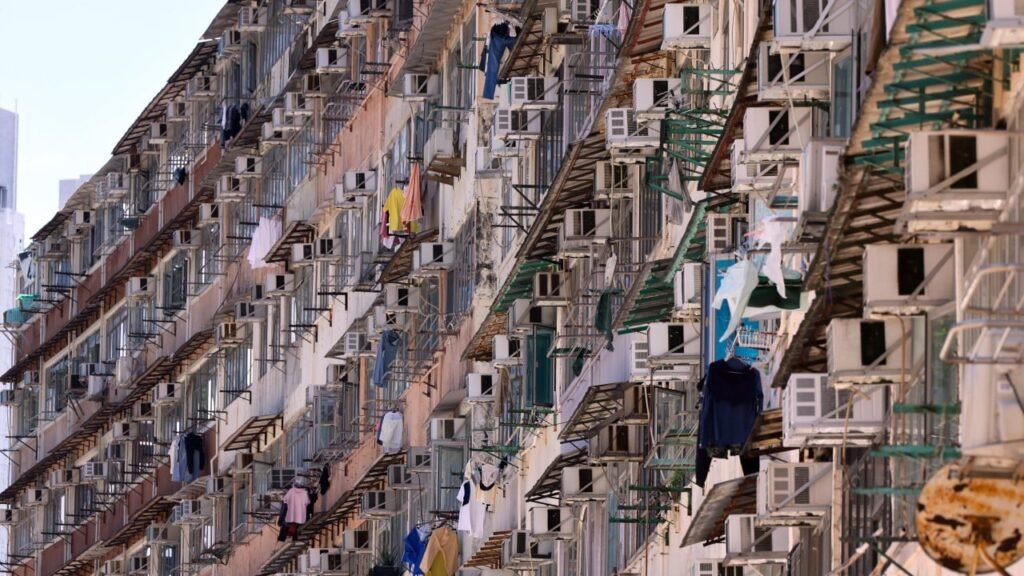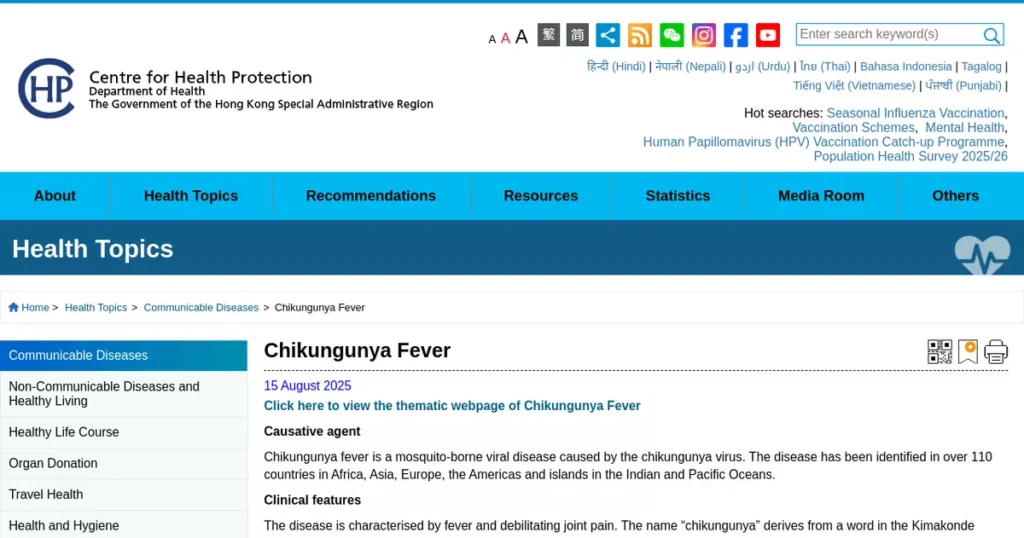Life insurance sales in Hong Kong rose 50 per cent in the first half of this year to a fresh record high on the back of increased demand for wealth management and estate planning from high-net-worth individuals in the city and mainland China.
The industry wrote HK$173.7 billion (US$22.3 billion) worth of new life policies in the six months to June, up from HK$115.9 billion a year earlier, according to data released by the Insurance Authority on Friday. It was the highest first-half-year sales since the authority was established in 2016.
“Hong Kong’s insurance industry has sustained its growth trajectory in the first half of 2025, driven by strong demand for savings, health and protection solutions,” said Patrick Graham, CEO of Manulife Hong Kong and Macau.
Do you have questions about the biggest topics and trends from around the world? Get the answers with SCMP Knowledge, our new platform of curated content with explainers, FAQs, analyses and infographics brought to you by our award-winning team.
The outlook was positive because Hong Kong had solidified its position as a leading international insurance and wealth management hub, he added.
“Supported by a growing number of family offices, we anticipate the insurance industry will play an increasingly vital role in helping individuals and families achieve their aspirations for financial security, health resilience and legacy planning in an era of rising longevity,” Graham said.
Insurance sales agents approach mainland tourists in Canton Road, Tsim Sha Tsui. Photo: Eugene Lee alt=Insurance sales agents approach mainland tourists in Canton Road, Tsim Sha Tsui. Photo: Eugene Lee>
Nearly 60 per cent of high-net-worth individuals in mainland China, Hong Kong, Macau and Taiwan preferred insurance policies to transfer their wealth to future generations, according to a joint survey released by Manulife and Deloitte in February.
Chief Executive John Lee Ka-chiu, in his latest policy address last month, set the new target of attracting another 220 family offices to Hong Kong by 2028, after the government achieved its previous goal of bringing in 200 such firms between 2023 and 2025. Family offices are entities established by wealthy individuals or families to manage their investments, succession planning and philanthropic activities.
The regulator did not disclose policy sales to mainland visitors in the first half, as it had earlier said that it would release the data after reviewing how to classify non-local buyers.
But Manulife’s Graham said that mainland visitors – alongside local buyers, particularly high-net-worth individuals – were the main buyers of local insurance products as tools to manage their financial planning, prepare for their medical costs, as well as for legacy planning to transfer wealth to the next generation.
Last year, mainland visitors spent HK$62.8 billion to buy life policies in Hong Kong, representing 28.6 per cent of overall sales, according to the authority. That was the second-highest sales on record after HK$72.7 billion in 2016.
The number of mainland visitors to the city rose 11.2 per cent to 25.7 million in the first eight months of the year, representing 76 per cent of overall tourists, according to data from the Hong Kong Tourism Board.
HSBC Life maintained its market leadership with more than HK$30.57 billion of new business premiums during the first half, giving it a 17.6 per cent market share, according to the Insurance Authority.
“Hong Kong’s standing as a world-class financial hub continues to provide a strong foundation for our industry,” said Daisy Tsang, CEO of Hong Kong and Macau of HSBC Life. “These latest results reflect not only the vibrancy of the Hong Kong market, but the continued demand for holistic savings and wealth management solutions.”
She said the industry would continue to grow, with wealth management and retirement planning serving as the primary growth engines.
HSBC Life recently introduced its first Longevity Centre in Hong Kong to address the financial needs of the city’s ageing population.
People aged 65 and above accounted for 22 per cent of Hong Kong’s 7.5 million residents last year, which would rise to 31 per cent by 2036, according to an official forecast.
“We are optimistic about the road ahead and envisage that solutions addressing this trend will continue to grow in popularity, especially for retirement planning,” Tsang said.
This article originally appeared in the South China Morning Post (SCMP), the most authoritative voice reporting on China and Asia for more than a century. For more SCMP stories, please explore the SCMP app or visit the SCMP’s Facebook and Twitter pages. Copyright © 2025 South China Morning Post Publishers Ltd. All rights reserved.
Copyright (c) 2025. South China Morning Post Publishers Ltd. All rights reserved.








